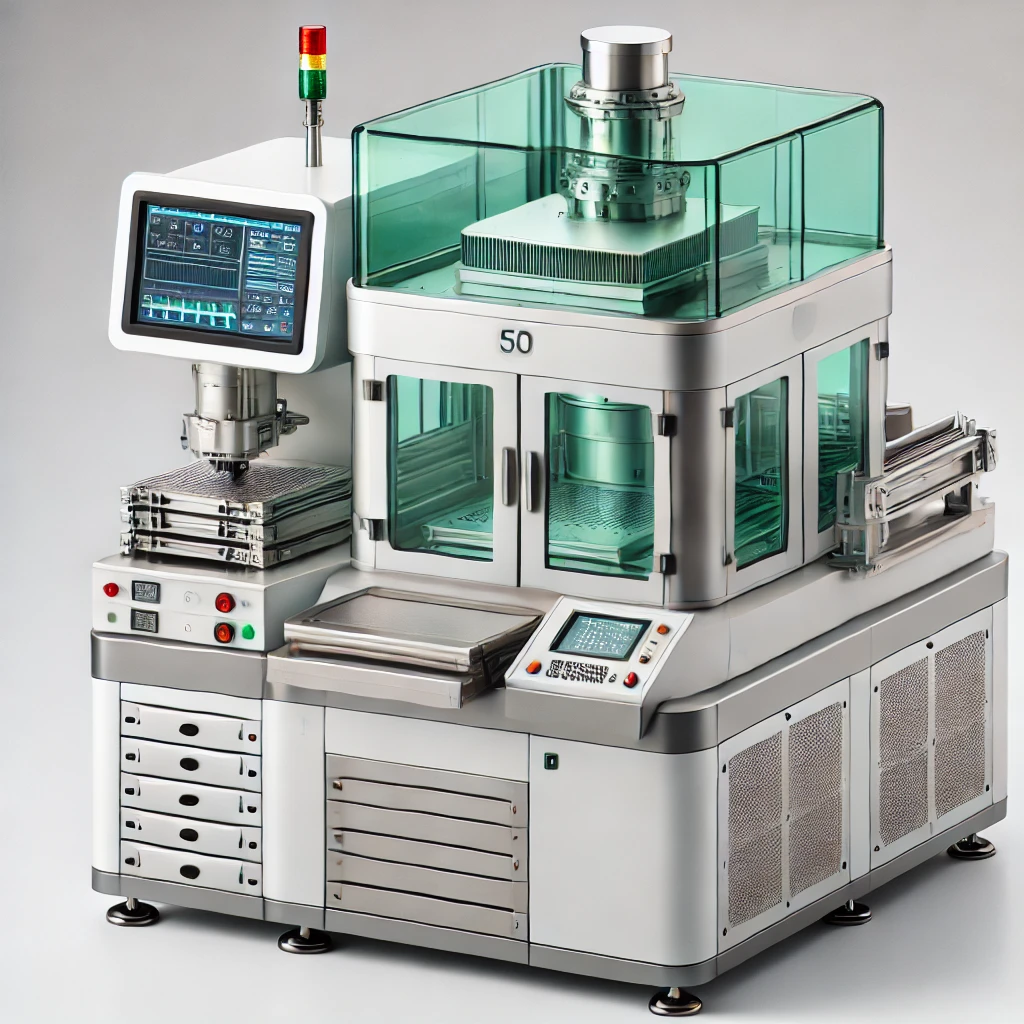
Fluxless TCB vs TCB
As interconnection pitches shrink below 10µm for advanced logic and memory applications, fluxless TCB solves the issues that standard TCB encounters with the flux.
Gentoo linux is a type of operating system that belongs to the family of Linux distributions, known for its flexibility and customizability. Unlike some other operating systems that come pre-packaged with software, Gentoo allows users to build their own operating system from scratch.
In Gentoo, users have complete control over which software packages and configurations are included in their system. This means they can choose to install only the software they need, resulting in a more lightweight and optimized system. Gentoo uses a package management system called Portage, which helps users easily install, update, and manage software packages.
One of the unique features of Gentoo is its use of “source-based” package management. Instead of installing pre-compiled packages, Gentoo users have the option to compile software directly from source code, which can provide performance benefits tailored to the user’s specific hardware.
Gentoo is designed to be highly customizable and flexible. It caters to the needs of advanced users and developers who want fine-grained control over their system. Additionally, because Gentoo is an open-source project, it benefits from a large and active community of contributors who constantly work to improve and enhance the operating system.
Gentoo Linux is a compelling choice for users seeking a high level of control, customization, and optimization within their Linux environment. You should use Gentoo Linux when:
Gentoo is often considered a distribution for more experienced Linux users due to its complex installation process and source-based package management. Beginners may find it challenging.
Depending on your needs, some Linux distributions might be more appropriate than others for you. Here we compare Gentoo and Arch, two of Linux´s most famous distributions:
When ease of use is your priority, you should probably go for Arch. Arch is often considered more accessible for those that are new to rolling-release distributions. Arch´s documentation is well-known for its clarity and comprehensiveness. Gentoo, on the other hand, has a steeper learning curve due to its source-based nature and intricate configuration options.
If you want maximum customization, know how to code and have plenty of time, then Gentoo is probably more appropriate. Gentoo’s source-based approach offers maximum customization, although it can be time-consuming when compiling software.
Overall Arch leans towards accessibility and simplicity with its binary package management, while Gentoo offers a high level of customization through a source-based system.

As interconnection pitches shrink below 10µm for advanced logic and memory applications, fluxless TCB solves the issues that standard TCB encounters with the flux.
The metal pitch refers to the distance between the centers of two adjacent metal interconnect lines on an integrated circuit (IC). Since transistors evolved into 3D strucrures, this measurement has lost significance.

The front-end and back-end are highly interdependent. A constant feedback loop between front and back-end engineers is necessary to improve manufacturing yields.

Built directly into the silicon, through silicon vias (TSV) facilitate 3D IC integration and allow for more compact packaging. They have become the default solution to interconnect different chip layers or to stack chips vertically.

Silicon carbide (SiC) is used in electric vehicles due to its wide bandgap and great thermal conductivity. Gallium nitride (GaN) shares many characteristics with SiC while also minimizing RF noise.

GPU vs CPU is a parallelization vs complexity dilemma. While GPUs can manage very large parallel calculations, they struggle with linear, more heterogeneous tasks, where CPUs excel.